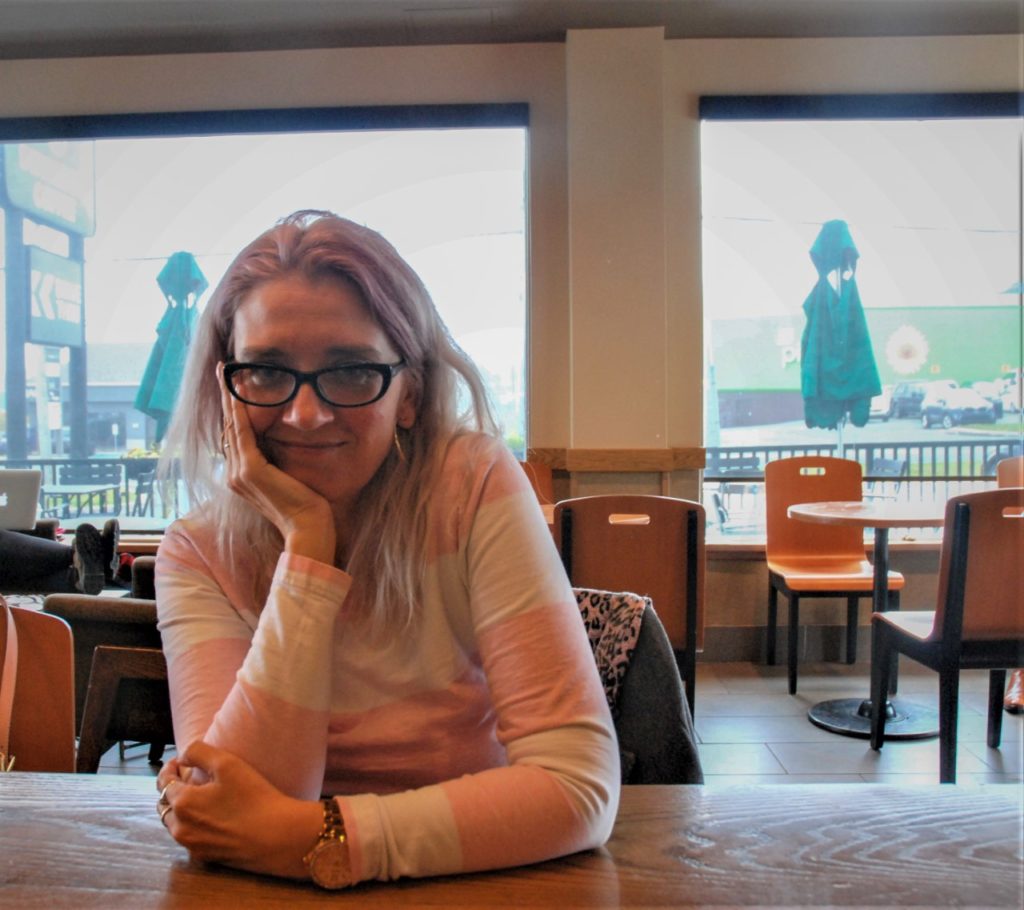Women face unique challenges in the political arena and are still fighting for equality and respect.
Ken Meeker
Kicker
It doesn’t take much digging to find examples of the abuse women in politics deal with.
Federally, Catherine McKenna, the Liberal Environment minister, was called a “climate barbie” in a tweet by Conservative MP Gerry Ritz. More recently, McKenna had a man in a vehicle shout obscenities at her outside of a movie theatre. This while she was with her children.
Locally, former Premier Kathy Dunderdale had a security detail assigned to her after a barrage of insults and threats were made against her.
Cathy Bennett, the former Finance minister, faced internet attacks after government passed an austerity budget. The threats included body shaming and death threats. Bennett has said that the online abuse contributed to her decision to leave politics.
Lori Lee Oates worked with the Status of Women Canada where she held the women in politics portfolio.
“I think women are watching how female politicians are treated on social media and in the media,” said Oates. “The research is pretty clear: it’s a disincentive to women who consider running.”

Feeling disappointed in what she was seeing in politics, Lori Lee Oates started a political podcast called Podco. It focuses on local and international political issues.
Ken Meeker/Kicker
Such things as snap elections, she’s says, make it harder to field more female candidates.
“Women are more likely to be primary caretakers for children,” Oates said. “They’re more likely to work minimum wage jobs, to work in jobs that aren’t 9 to 5, where they don’t have control of their schedule. Women – and the working class – can have more challenges to set aside the time to run than men do.”
Oates cited fixed election dates as a solution and calls for more policies on bullying and harassment, and for society to rethink what they both look like.
“We need to learn as a society how to discourse over issues without taking disagreements personally,” Oates said.
Oates wants to see less discussion on what female politicians are wearing and how they look, and more discussion on their policies and ideas.
“We need more editors and producers from diverse backgrounds.”
Lori Lee Oates
Negative narratives, says Oates, attached to female politicians don’t necessarily get attached to male politicians. Diversity, she says, is key to tackling the challenges women face in politics.
The media, she says, can also play a role.
“We need more editors and producers from diverse backgrounds.”
Megan Holsapple worked locally with CBC Newfoundland and Labrador, but now lives in the Northwest Territories. Holsapple recently worked with several campaigns and workshops to boost the number of female MLA’s in that province.

In the Northwest Territories, women ran in 12 of the electoral districts. Nine of those women won their seats and Megan Holsapple worked with many of them. Supplied image
Before the last election on Oct. 1, only 12 women had ever been elected to the Northwest Territories legislative assembly.
Nine women were sworn into office after that election in what Holsapple says is now the most gender-balanced legislative assembly in Canada.
“Encourage women to run,” Holsapple said. “Mentor women, talk to women about what would make them more interested in politics.”
“It was beyond everybody’s wildest expectations,” Holsapple said. “I would have been happy with four. To have nine is more than twice what would have made me happy.”
As for what can be done to make politics more inviting to women, Holsapple has some advice.
“Encourage women to run,” Holsapple said. “Mentor women, talk to women about what would make them more interested in politics.”
“Be as welcoming to women as they are to men.”

Be the first to comment